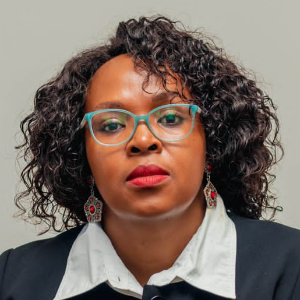Title : Bridging the gap: Metadata analysis and infrastructure evaluation in aquaculture research and training facilities
Abstract:
Aquaculture education, research and training facilities play a pivotal role in fostering innovation, advancing knowledge, and supporting industry growth. This paper presents a comprehensive approach to evaluating and improving Aquaculture infrastructure by amalgamating findings from the 2018 Department of Forestry Fisheries and Environment (DFFE) audit of Agricultural tertiary institutions with contemporary analysis methods. The methodology integrates desk-top assessments and on-site audits to identify existing research institutions with Aquaculture facilities, evaluate the status of their resources and pinpoint areas for enhancement. The study reviewed the DFFE audit to ensure alignment and updates to existing knowledge and structures in South Africa. A baseline desktop analysis was conducted to identify research institutions with Aquaculture facilities, followed by compiling a detailed inventory of available Aquaculture resources including location and contact information. Subsequently, a rigorous infrastructure audit was undertaken, employing a checklist to assess the type and condition of the facilities at each institution identified. Furthermore, the research identified gaps and opportunities within existing Aquaculture infrastructure and areas of collaborations to maximise utilisation of available resources. Institutions lacking requisite facilities were identified, while stakeholder engagement was facilitated to explore collaboration opportunities between institutions and the Aquaculture industry at large. A narrative for an "Ideal" facility was developed, encompassing various dimensions including infrastructure availability, curriculum, and research networks. A scorecard, derived from this ideal state, is utilized to rank existing facilities and determine necessary resource allocations for improvement. The paper concludes by proposing a strategy to bridge the gap between actual and ideal states of Aquaculture infrastructure available in the South African institutions. This strategy outlines funding, resource, and infrastructure requirements, alongside timelines for implementation. The study systematically evaluated existing facilities and creating alignment toward enhancement. This research aimed to catalyse the development of robust Aquaculture research and training infrastructure, thereby fostering innovation and sustainable industry growth.



